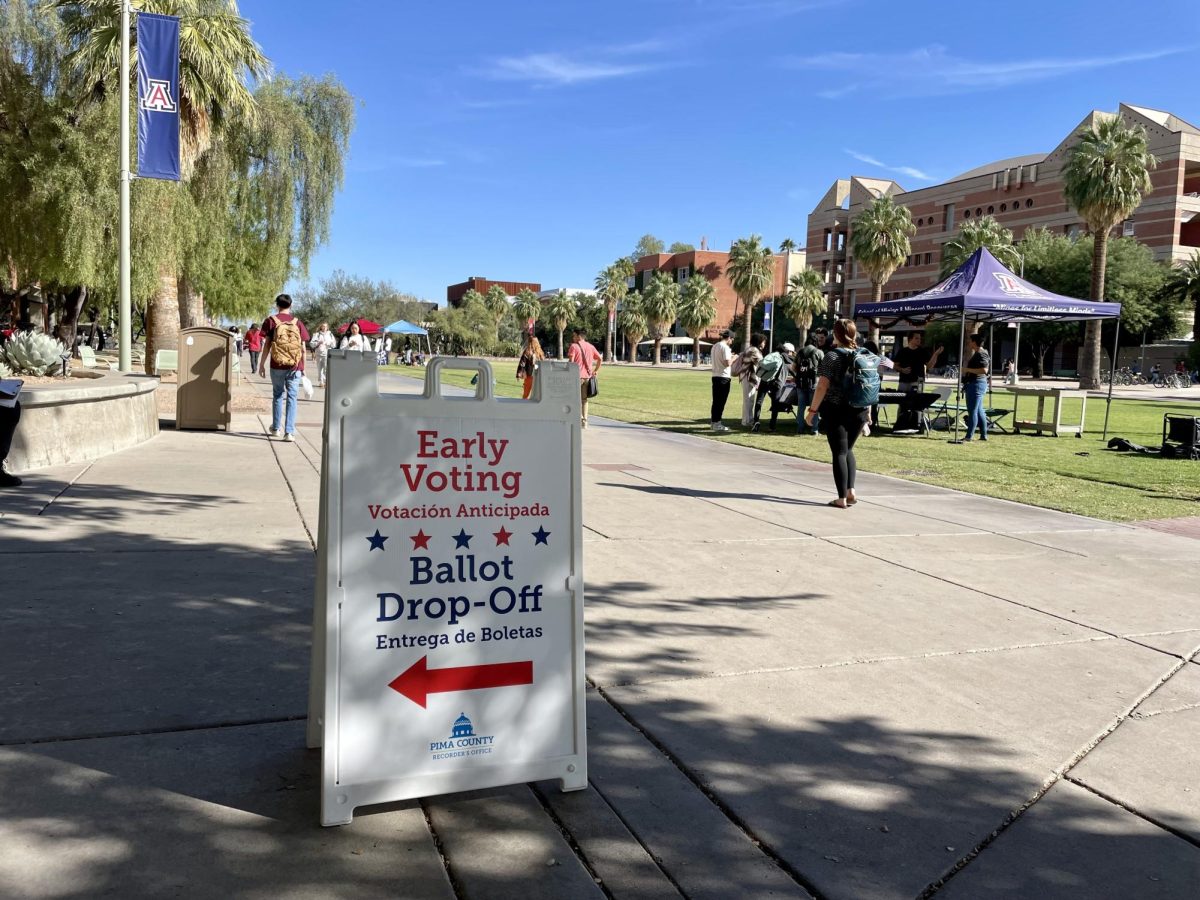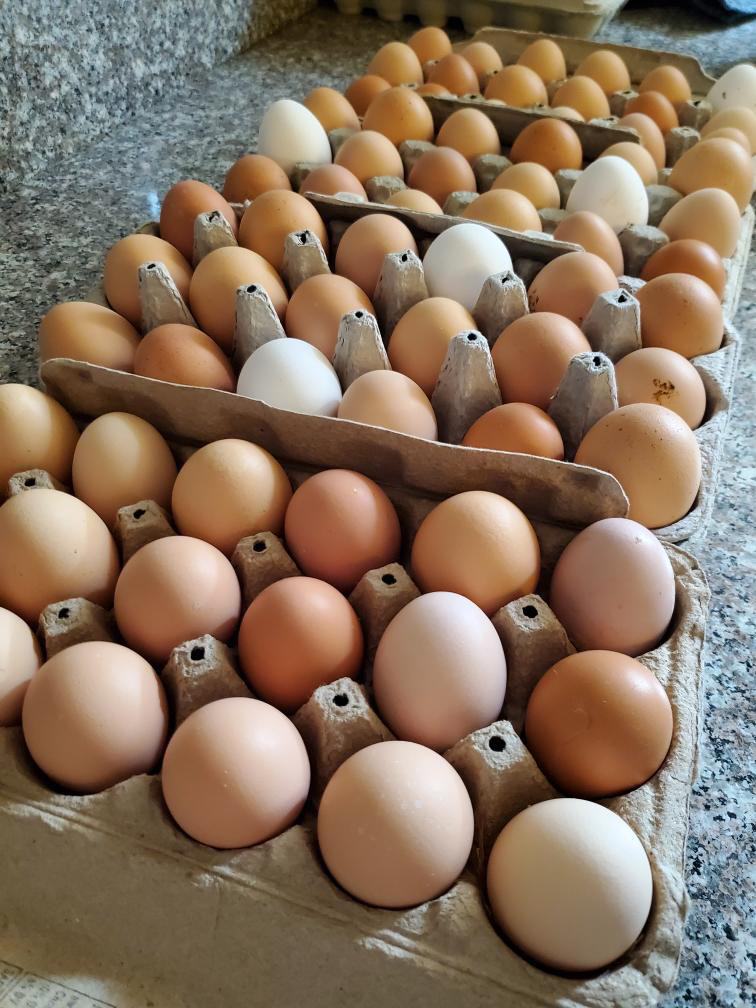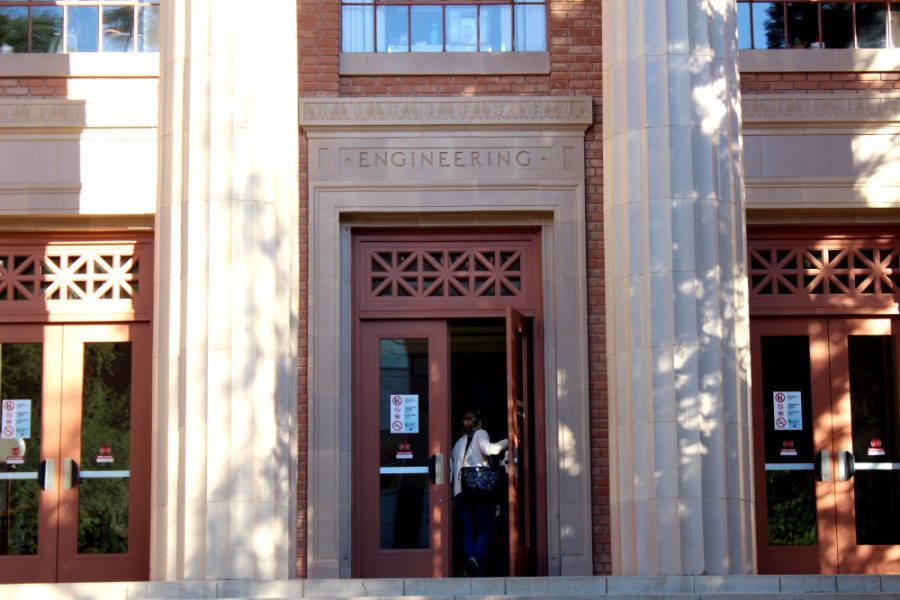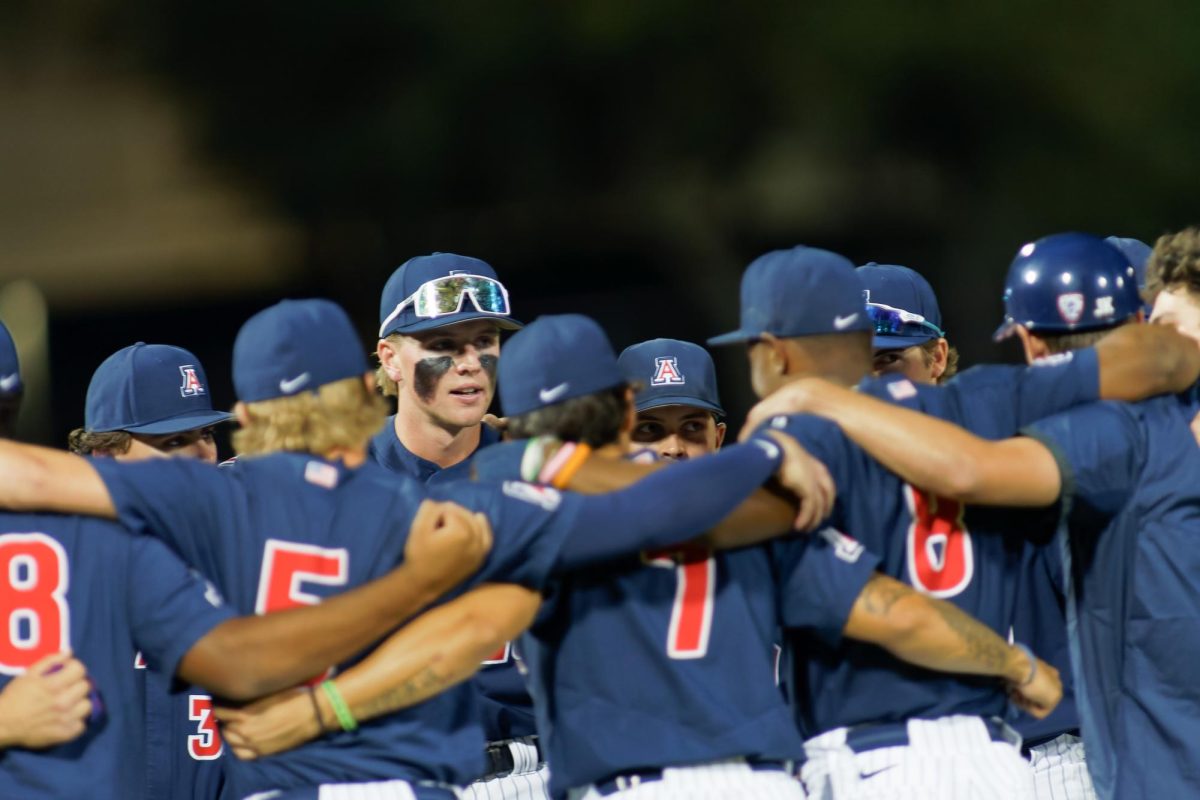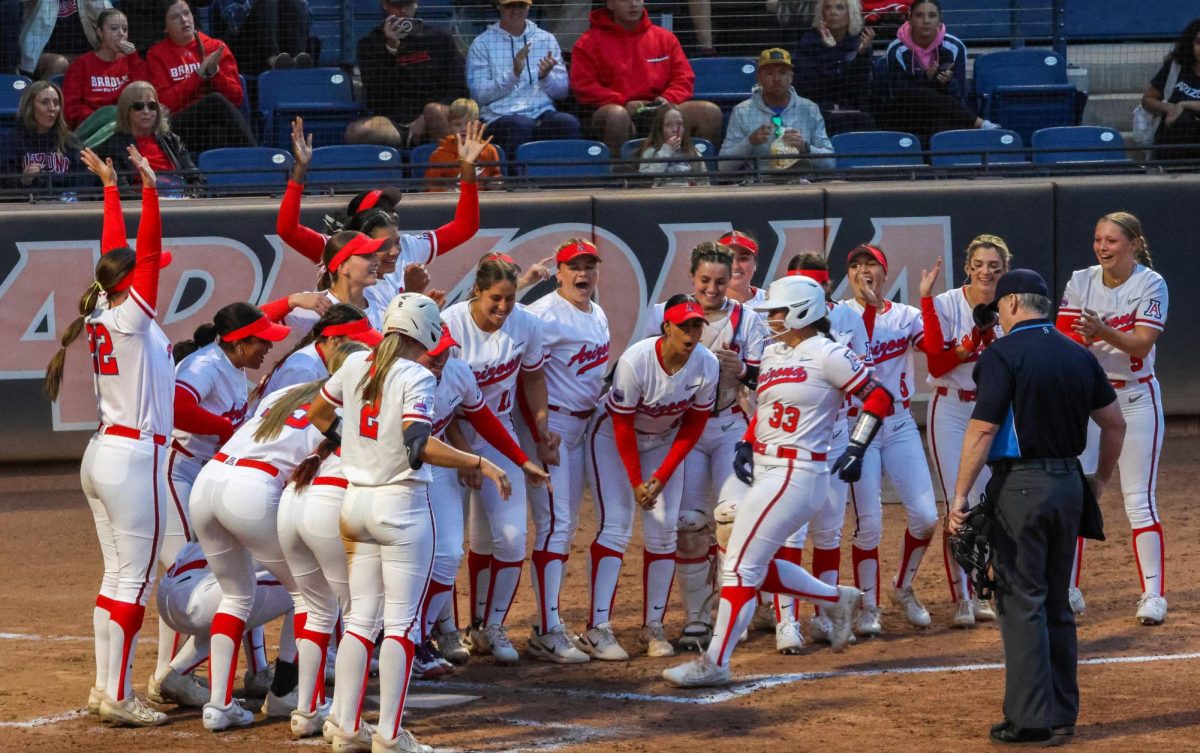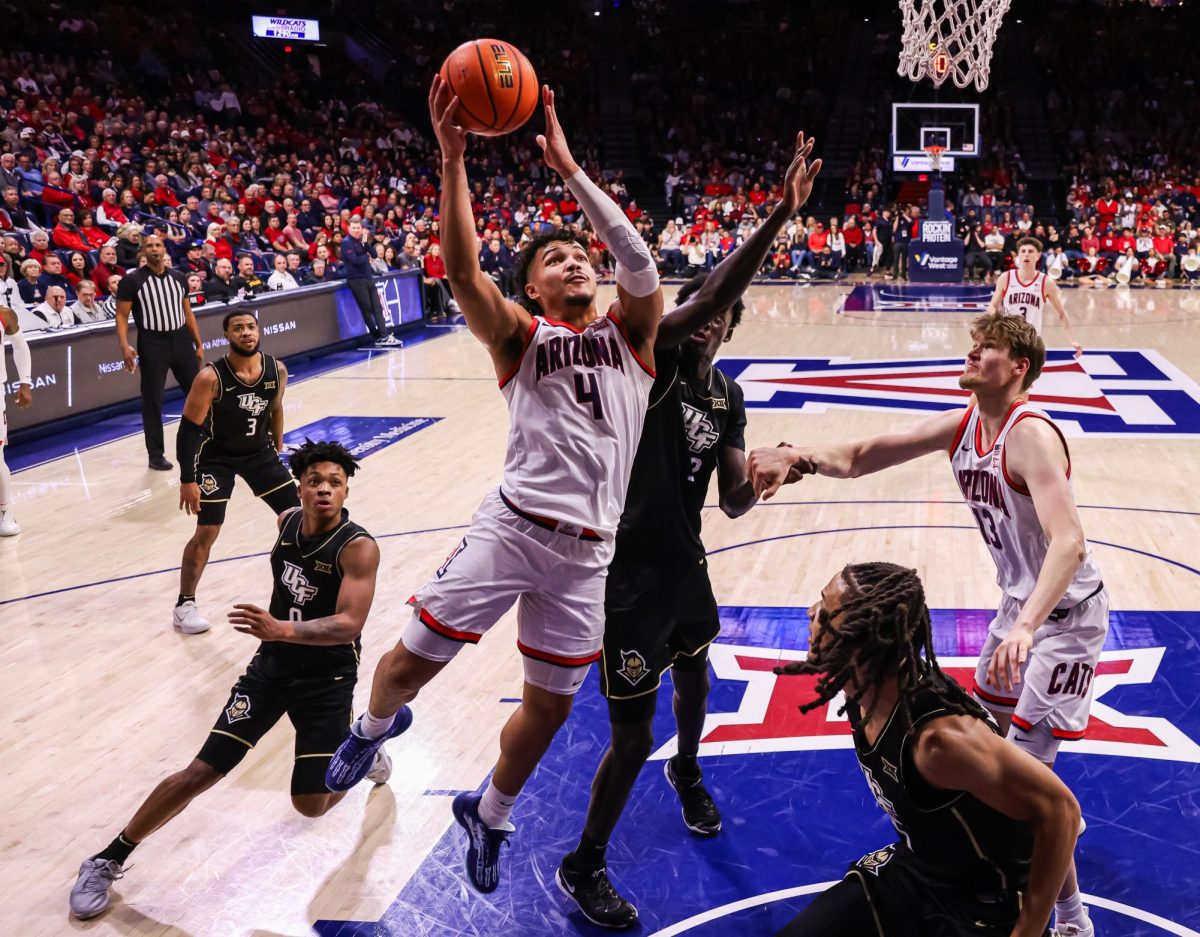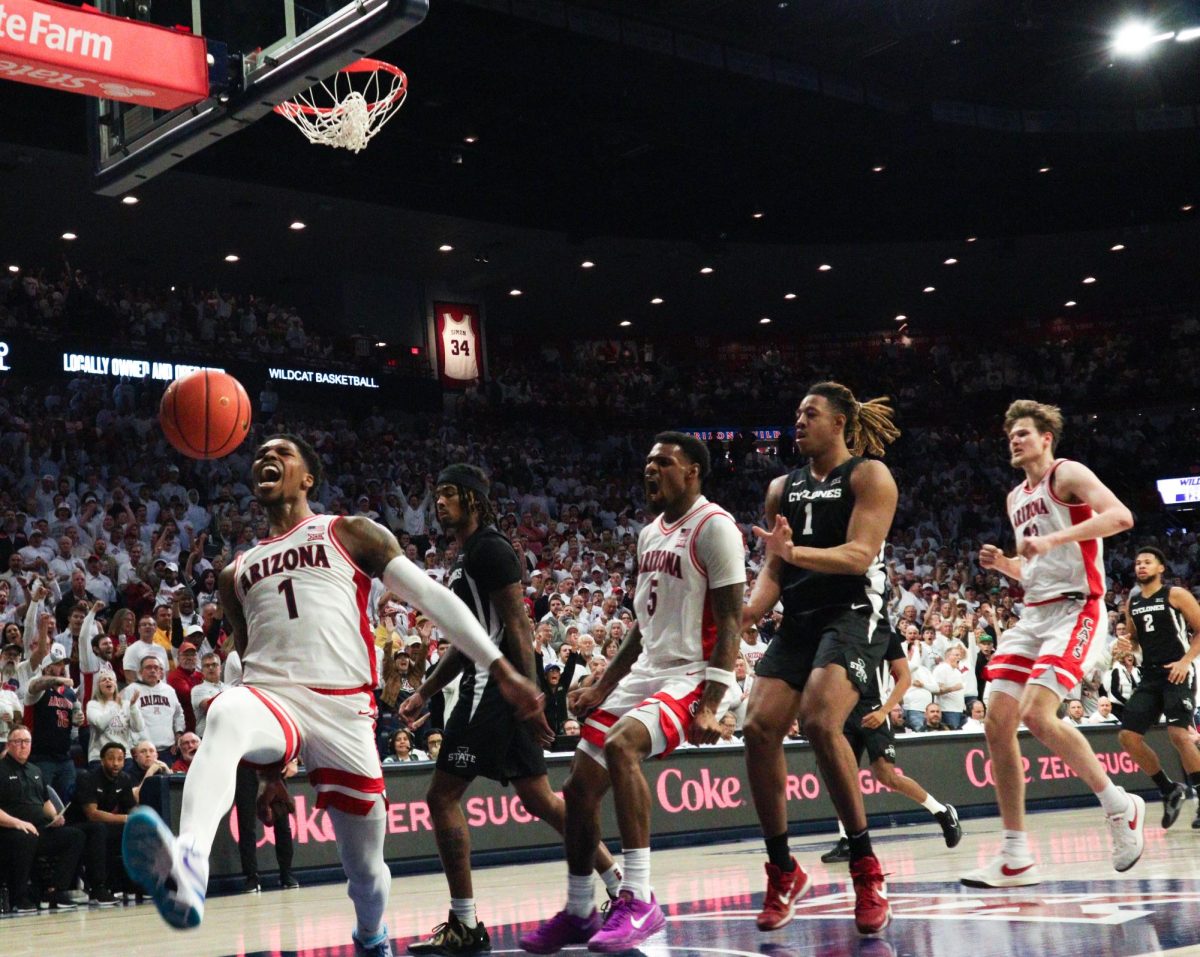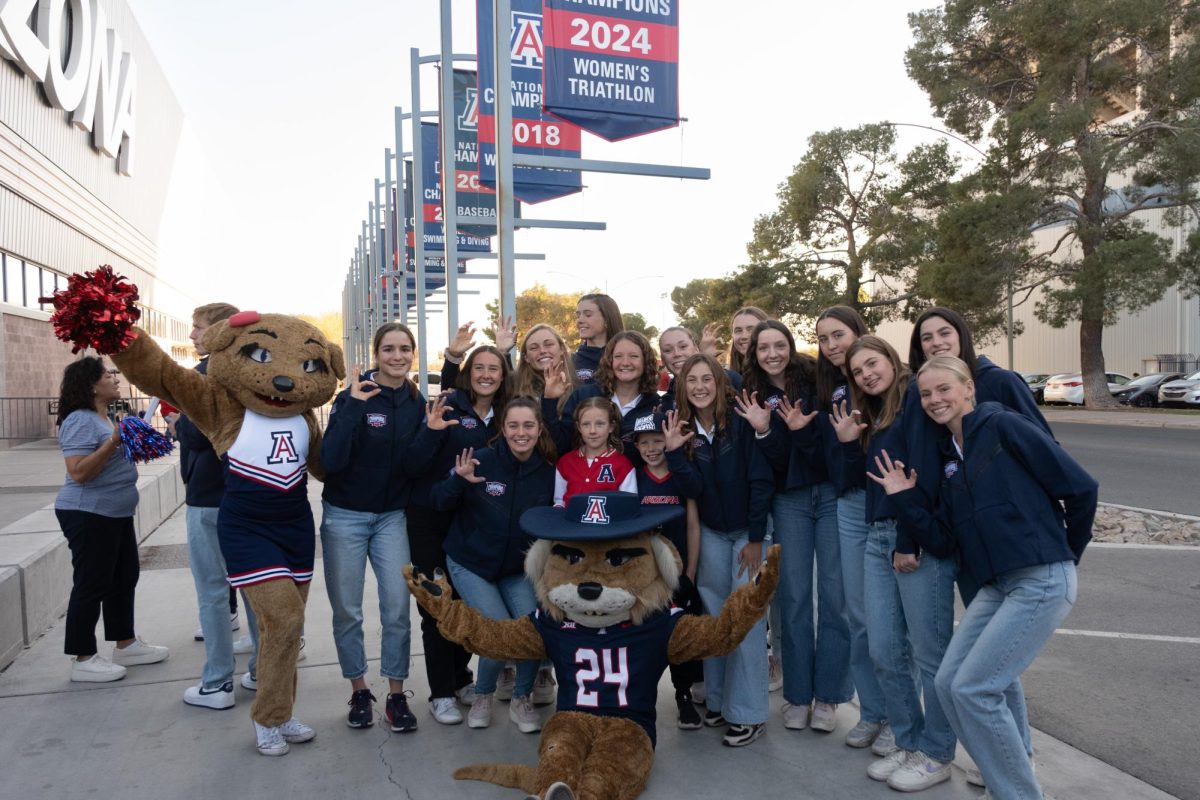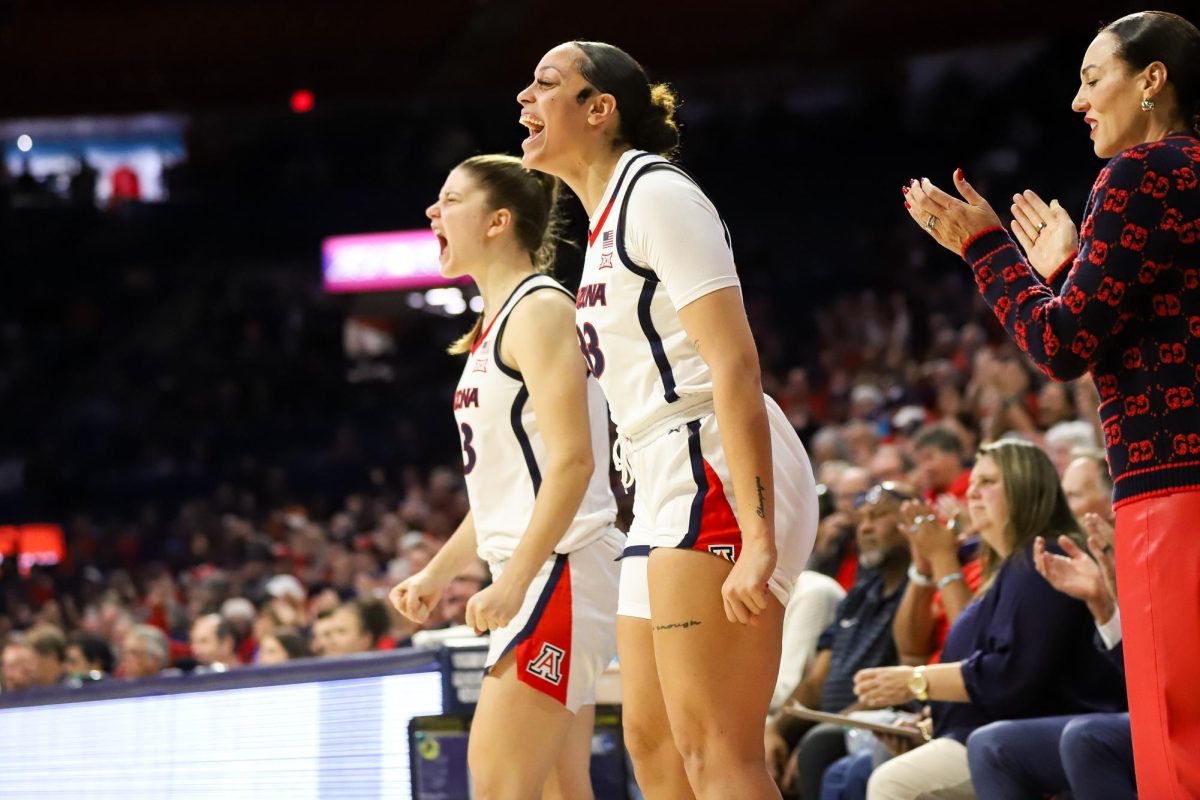“I miss my mother the most when I’m sitting across from her,” former CNN chief political correspondent Candy Crowley said in 2012.
Crowley described her mother’s dementia-affected mind as a place where many balloons float all at once, and when she’s able to get ahold of one, a story of her life comes out.
Crowley’s mother’s disease accounts for one of the 55 million cases of people living with dementia worldwide, a number that’s expected to rise to 139 million within the next 25 years.
These numbers indicate that someone develops dementia every 3 seconds somewhere on Earth.
The term dementia describes a range of brain disorders, which embrace Alzheimer’s, that appear in the physical world through inexorable memory loss. This loss affects one’s personality, language and behaviors, to the point where the ties that hold one to reality are cut. After that, even the tasks of daily life lose their meaning and the faces of loved ones become unrecognizable.
A person’s whole life and world gradually sink into the realms of oblivion.
The first symptoms of dementia are the beginning of a long goodbye, and there is currently no cure for it.
Some people, however, are determined not to give up on dementia-affected patients, even if there’s no cure. They want to slow it down.
Sharon Arkin, a retired University of Arizona assistant research scientist, is one of them.
Driven by her personal experience caring for her mother with Alzheimer’s, Arkin dedicated her postdoctoral fellowship at the UA to researching effective ways to slow the progression of dementia in patients with early to moderate stages of the disease.
At the time Arkin’s mother was diagnosed, a college student from her parents’ Chicago neighborhood became her mother’s companion and caregiver in her journey with Alzheimer’s, offering weekly physical and mental exercises to help her maintain ties to reality.
Riding the wave of inspiration, Arkin readapted this student’s exercises into her post-doc research at the UA.
“I was able to get a four-year grant to test how successful it would be to have a group of students working one-to-one with a partner affected by dementia,” Arkin said. “So every semester, students would work weekly with their assigned partner to try to slow down the disease, and the patients stayed in the program as long as they could.”
In 2007, Arkin published a study showing that drug-free, language-enriched physical fitness interventions — led by UA undergraduate students over two semesters — helped patients with early to moderate dementia maintain stability without decline while also improving their mood and reducing the risk of depression.
The research experience turned into Arkin’s life-long dedication.
To this day, Arkin’s community program called Elder Rehab, previously called Alzheimer’s Treatment By Students continues to pair 17-25 UA volunteer students from different fields of study with an elderly person affected by dementia. The program hosts 20 twice-a-week, two-hour long sessions of mentally and physically stimulating exercises.
On a warm afternoon at Tucson’s Desert Sports and Fitness gym, where Elder Rehab takes place, 92-year-old Italian-American and former architect George Wolfson engaged in cognitive exercise. With a one-minute timer set, he began listing all the countries he could remember. After naming four, he paused and said, “Italy!”
“I like coming here, my companion is very kind,” Wolfson said in Italian. Despite his disease and spending many years in the Bay Area before moving to Tucson, Wolfson still speaks Italian very well. Among the floating balloons in his mind, he grabbed ahold of one and shared his memories in the cities of Genoa and Milan.
Wolfson’s student volunteer since July 2024, Karthik Srinivas, is a UA physiology and medical science student. Srinivas wishes to pursue geriatric medicine and said that he finds it rewarding to spend time with the elderly. While in high school, he volunteered at a hospice center and found the loneliness many elders face sad. But that’s why he loves giving company, he said.

“By joining Elder Rehab, I can help make the current life of my elderly friend George more satisfying,” Srinivas said. “It’s a wonderful experience, I have a lot of fun working with George, it’s really very rewarding.”
During the hour of physical fitness together, Srinivas instructs and supervises George on stretching and weight-pushing moves with gym equipment, precisely as a personal trainer would do. Srinivas was trained on safety and equipment by the Desert Sports and Fitness gym manager, Kelly Shupe.
Wolfson and Srinivas’ routine usually consists of mental and social exercises, such as stories, category listings, sentence completions, quizzes and socializing, followed by cardio, stretching and weight training.
Wolfson gets his well-deserved rest in between the alternation of exercises.
“I prefer the questions,” Wolfson said with a laugh. “They’re easier than the physical training.”
Every patient who wants to receive this care pays $499 a semester and a one-time examination fee of $85 to Desert Sports and Fitness. However, financial aid for caregivers is now available through the non-profit Arizona Caregiver Coalition.
Wolfson’s caregiver is his wife Beatrice Della Santa. She was a Swiss-American nurse, who’s practiced for years in nursing homes, and believes that the company between a young person and an elderly one brings mutual sentimental rewards to both.
“An environment where there are only elderly people together brings the mood down,” Della Santa said. “I believe young people should spend time with the elderly, and vice versa, it improves both’s quality of life.”
For Della Santa, her husband’s time with Srinivas at Elder Rehab is a soothing experience. It makes her feel better to know that he’s being cared for.
“I love him, we spent 60 years together,” she said. “Elder Rehab is helping me, because I know it’s helping him.”
Della Santa said that after a fulfilling life hardships have come. But, she wants to slow those hardships down, and Elder Rehab makes it their mission to do just that.
Follow the Daily Wildcat on Instagram and Twitter/X




